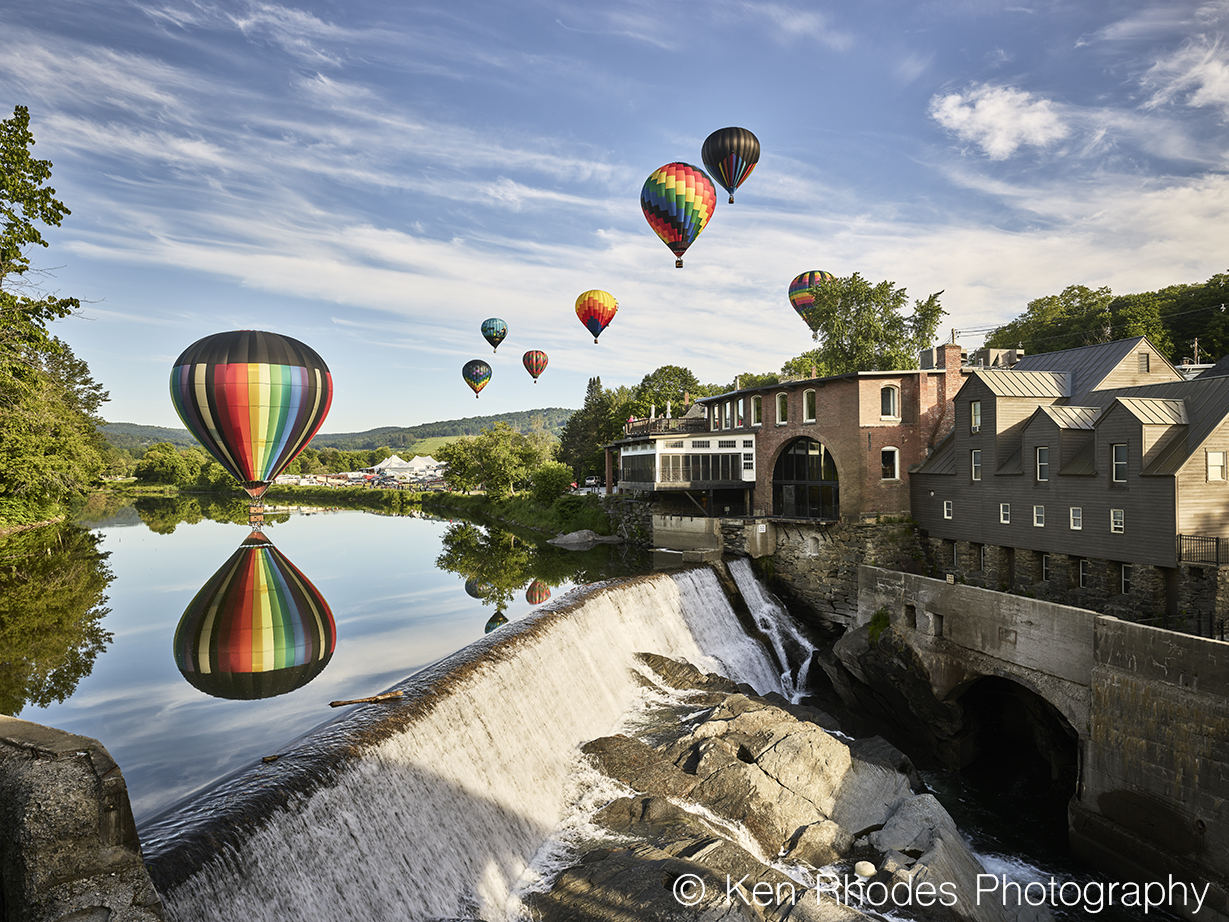
We are spotlighting our client, Ken Rhodes, who is currently being featured by Phase One, in their Extraordinary Passion Campaign. Phase One’s campaign is comprised of stories told by Phase One photographers whose passion has taken them far and wide in search of extraordinary places and extraordinary experiences. Their ongoing pursuit to master the craft of photography has changed their world views, their careers, and their lives. Visit seek.phaseone.com to view Ken’s campaign.
CONGRATULATIONS, Ken!
Tell us about yourself…
I am a neuroscientist by training (Ph.D.), and currently Chief Scientific Officer for a young biotechnology company (Yumanity Therapeutics) located in Cambridge, MA. My wife and I share 4 children (one girl and three boys), and this fall we will become “empty-nesters”. Yikes! I’ve worked for over 27 years in drug discovery and development, striving to develop new treatments for neurodegenerative diseases such as Alzheimer’s disease, Parkinson’s disease and ALS (Lou Gehrig’s disease). One drug I led earlier in my career is being filed for FDA approval for the treatment of Alzheimer’s disease.
Fun facts: Until recently I played saxophone in a blues band; I’m the goalkeeper on a men’s 50 soccer team; I love aerial photography in a no-doors helicopter but can’t stand heights! My wife and I recently purchased a 300-year-old home in the Yorkshire Dales, in England. We just received a copy of the original 999-year lease on the land, handwritten on parchment during the reign of King George II. The document is older (and much larger in size) than the US Declaration of Independence! Our home in the Boston area is 250 years old, first built in New Hampshire, then disassembled and rebuilt in suburban Boston in 1923! I guess we like older homes…
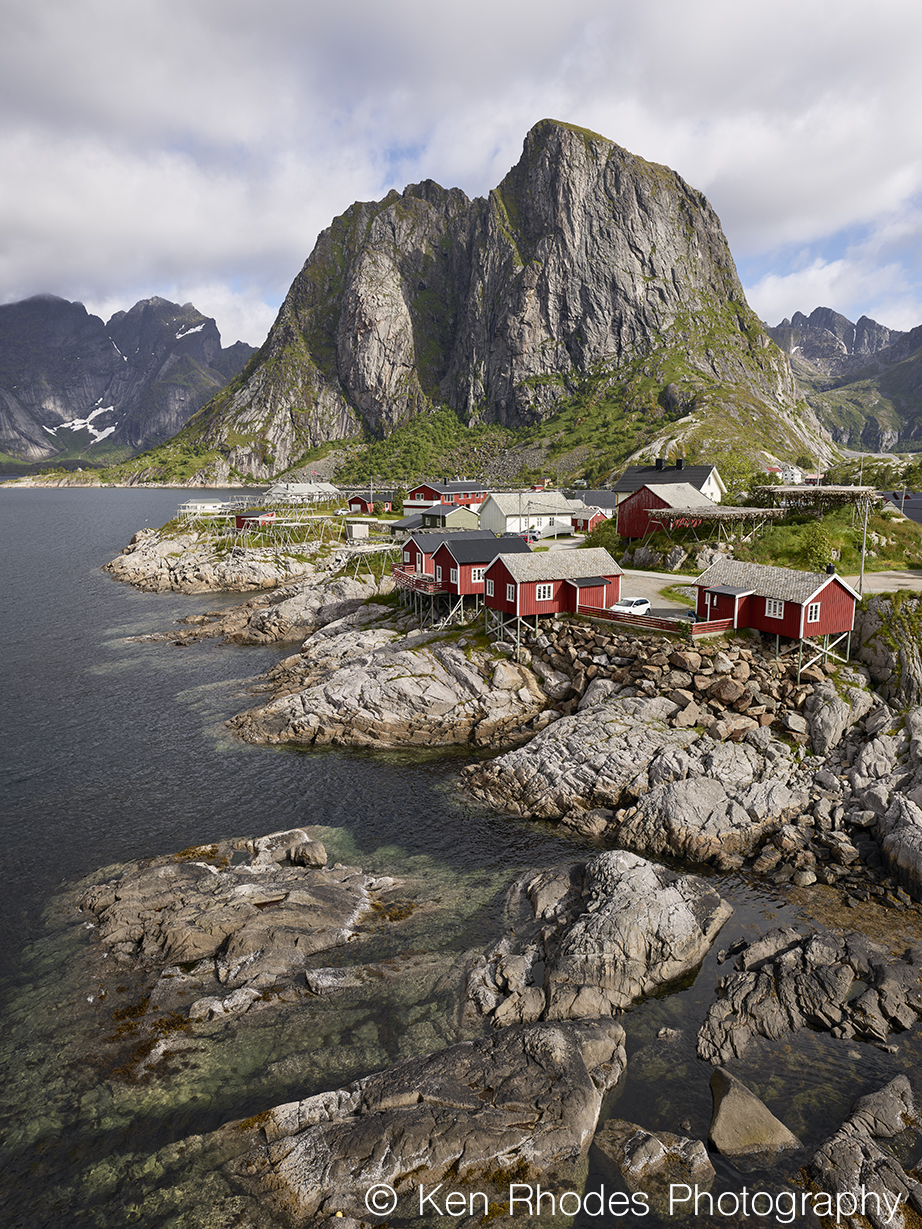
For someone who does not make their primary living from Photography, how did your passion for the medium format begin and what or who do you use for inspiration?
I became hooked on photography in high-school and college, shooting, developing and printing mostly in black-and-white. I owned a Minolta camera and a 135mm telephoto lens. During my Ph.D. studies, I trained in anatomy and histology and did a lot of photography through microscopes, taking pictures of brain areas and brain cells. I loved the artistic side of science. For the most, I put down the camera for many years as I raised a family and pursued my career, the only shooting I did was of the kids. About 10 years ago, I decided to get back into photography more seriously, buying my first digital SLR. I realized how much I missed shooting, and things sort of took off from there. My day job is pretty intense and keeps me indoors. My passions for travel and for landscape and city photography gets me outdoors, takes me to interesting locations and pushes me to try new things. Some present-day photographers who inspire me, and have been mentors, include Steve Gosling and Peter Cox. They are wonderful people and brilliant photographers and have taught me a great deal about landscape photography. Peter’s amazing drone photography inspired me to get up in a no-doors helicopter to capture images of Boston – this was a big inspiration as I hate heights! And I’ve now been up in the helicopter four times!
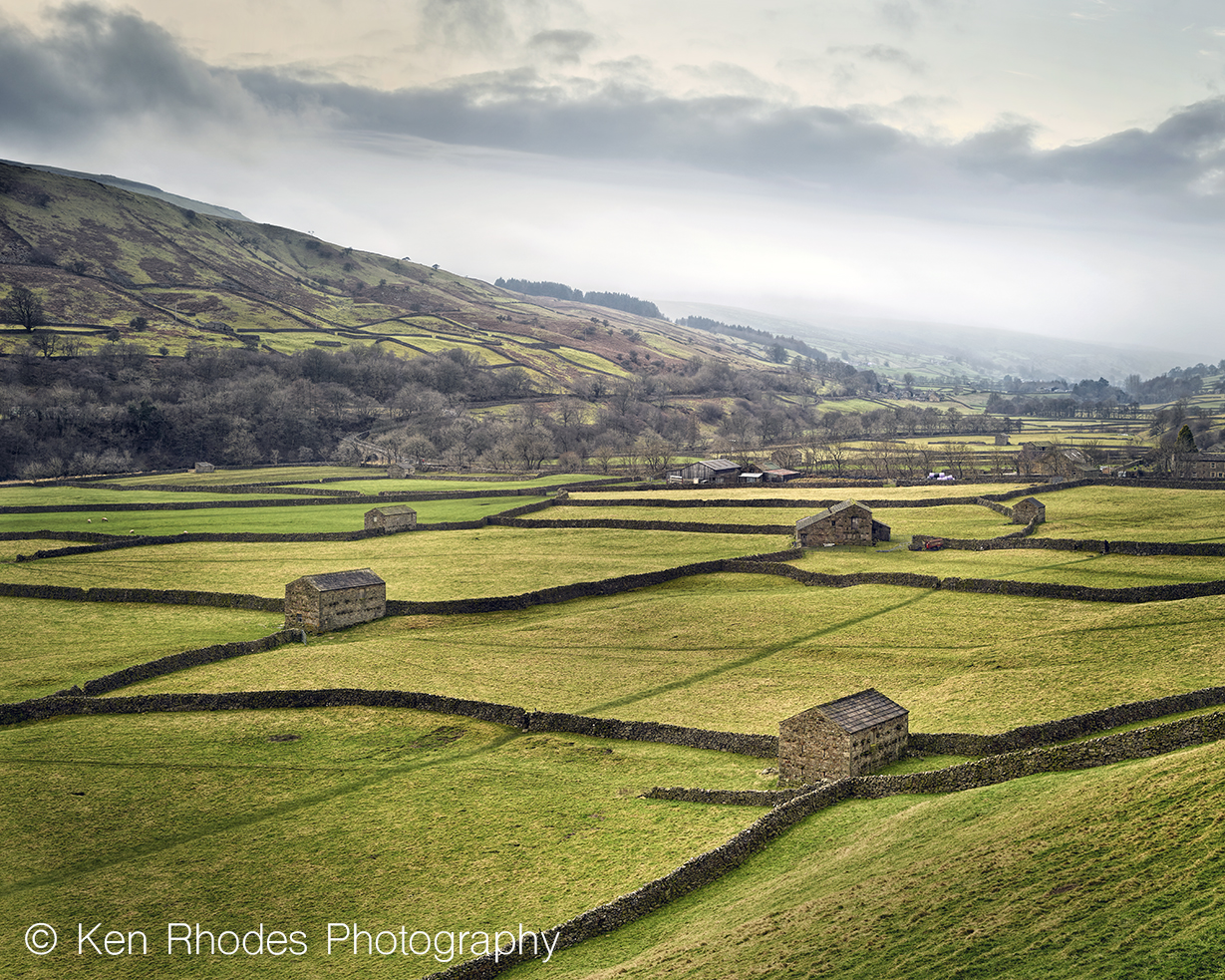
How often do you get to shoot and do you force yourself to get out in the field and make imagery?
I don’t get out to shoot nearly as often as I’d like, but I am making more time these days. I don’t force myself to go out and shoot, but I do try to get out as often as my other commitments allow and find it to be a welcome change. I enjoy being outdoors and also enjoy the solitude of landscape photography.
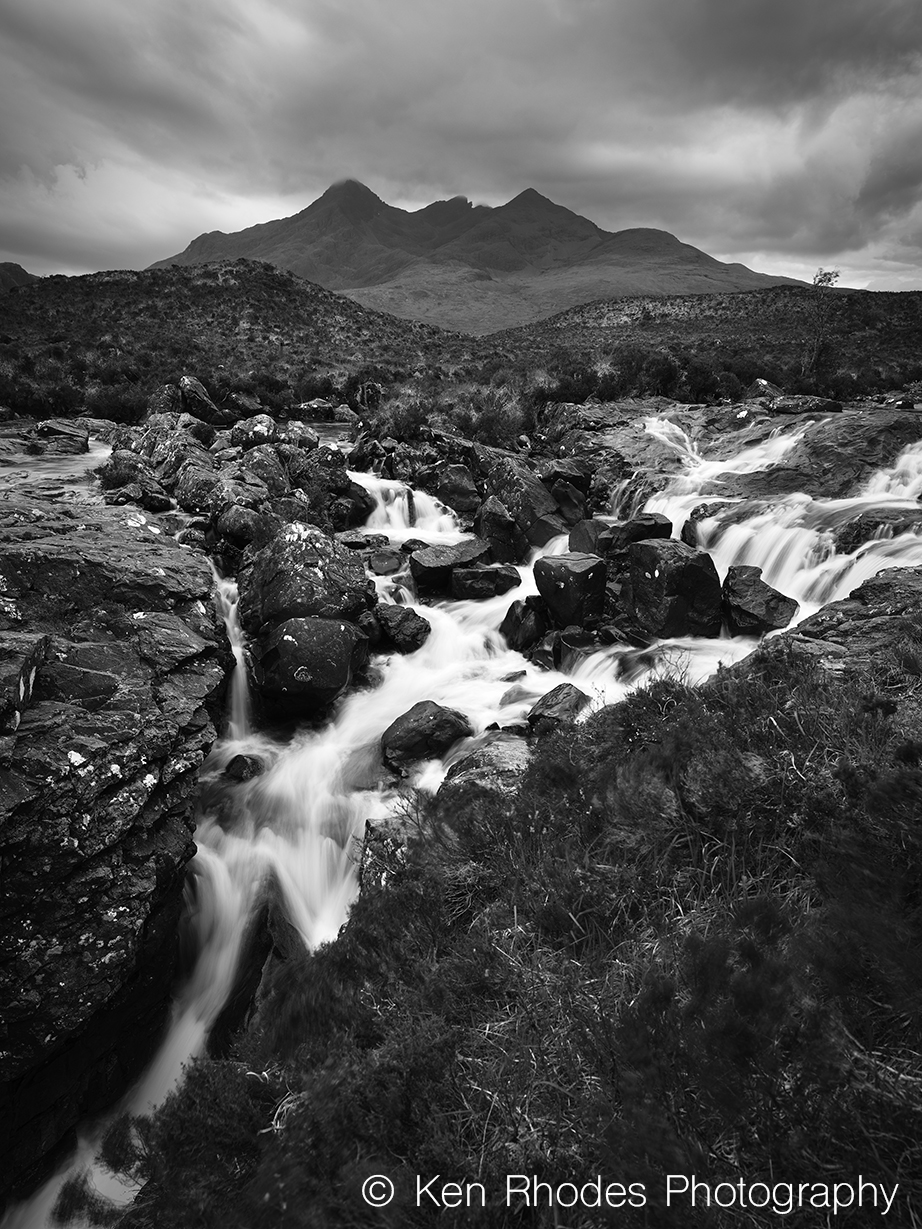
With all the options out there, what led you to invest in a Phase One camera system?
For the kind of photography I enjoy most, the PhaseOne is simply the best camera system available. The modular design really appeals to me and is what first drew me to PhaseOne when I was considering purchasing a medium format digital camera. I’m continually inspired by the company’s commitment to pushing the technology envelope, including digital backs, camera firmware, and RAW processing software with CaptureOne. PhaseOne continues to add features to the XF camera that fit my shooting style, help me improve my photography and simplify my workflow in the field. With new advances, I can update the firmware or upgrade the digital back rather than purchase an entirely new camera. I enjoy shooting medium format (and still shoot medium format film on occasion), as the images just have a look that is different and very appealing to me. I also like to make very large prints, and the resolution afforded by medium format is truly astonishing.
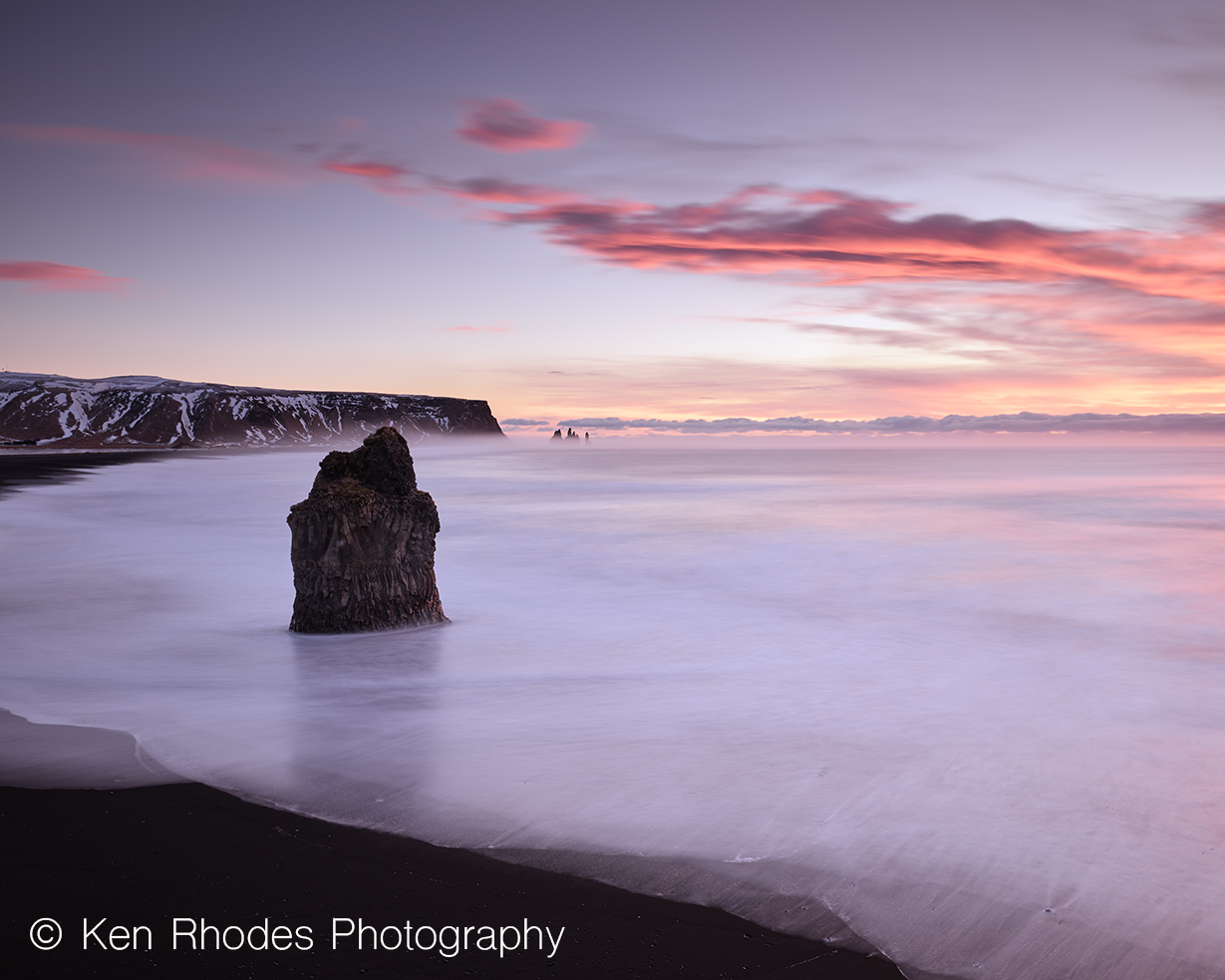
What are the important tools in your bag?
I carry the PhaseOne XF, PhaseOne IQ3100MP digital back, 35mm, 55mm, and 80mm Schneider blue-ring lenses and a Really Right Stuff tripod. I also carry a selection of Lee filters that work well with the Schneider 35mm lens, my most often used lens for landscape and aerial photography. On the XF, the hyperfocal calibration tool has transformed my photography. I’ve calibrated each lens, and love the fact that with one button press I can lock-in a focus setting that produces a tack-sharp image from foreground to infinity.
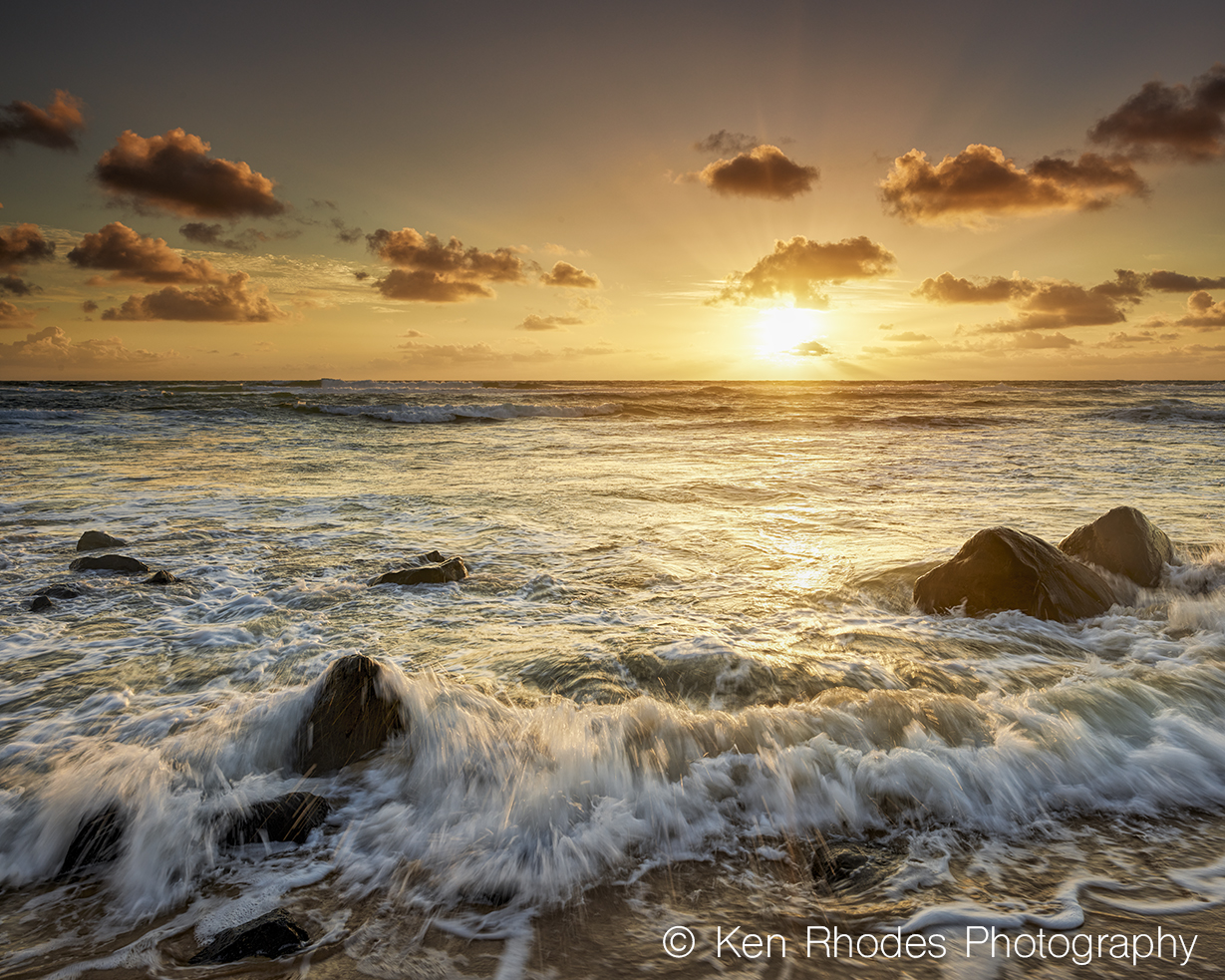
Lighting plays a major role in telling the story of your image. What are your favorite lighting techniques to tell your story?
Shoot in beautiful light, which for me means +/- an hour or so around sunrise and sunset. I rarely pick up a camera in the middle of the day, unless there’s an amazing sky or looming storm. I also shoot a lot of long exposures – seconds to minutes. Each long exposure capture is a new experiment. You just never know how the image will turn out…
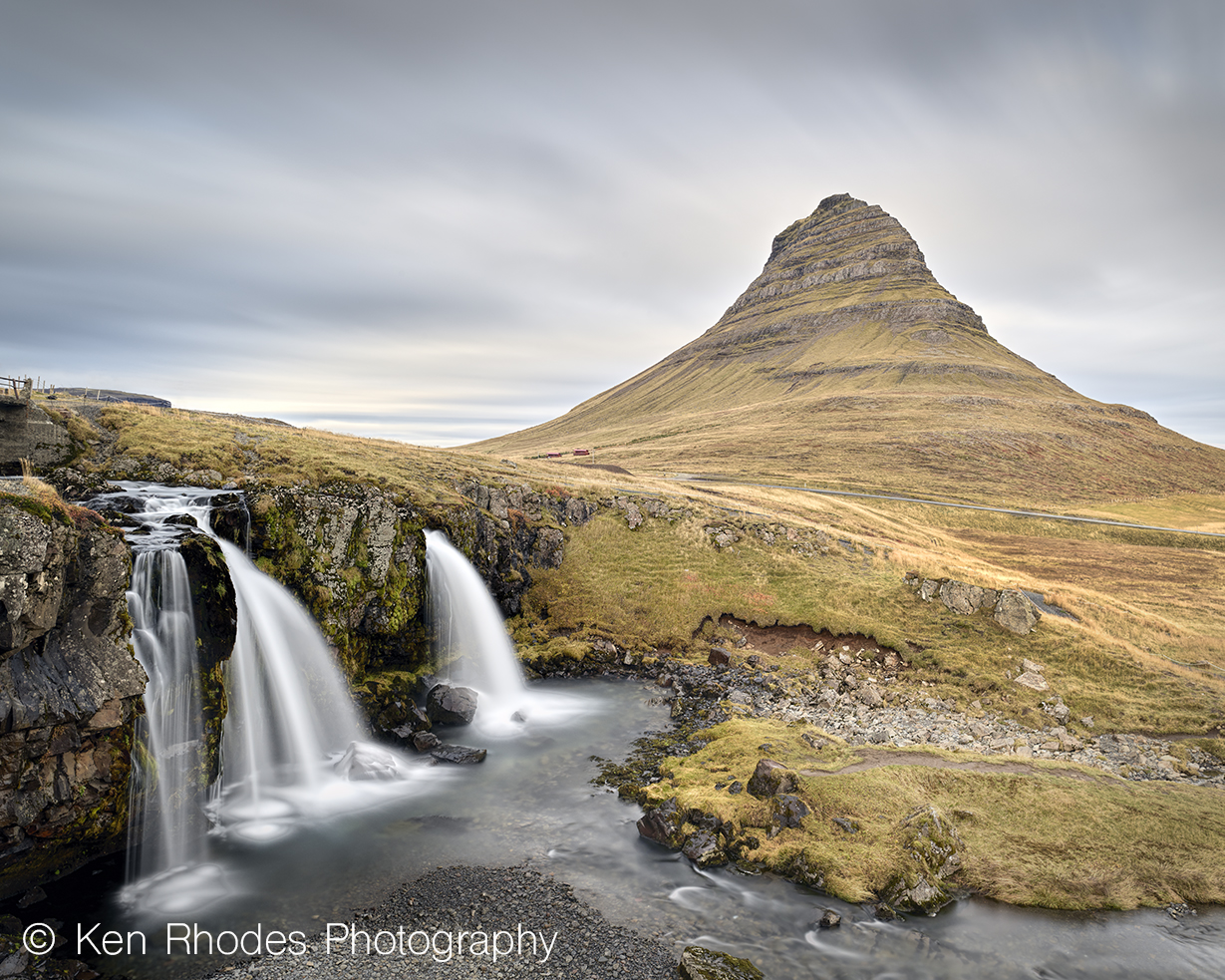
Do you currently sell images in a gallery? If so, what are your biggest hurdles?
I don’t sell images through a gallery.
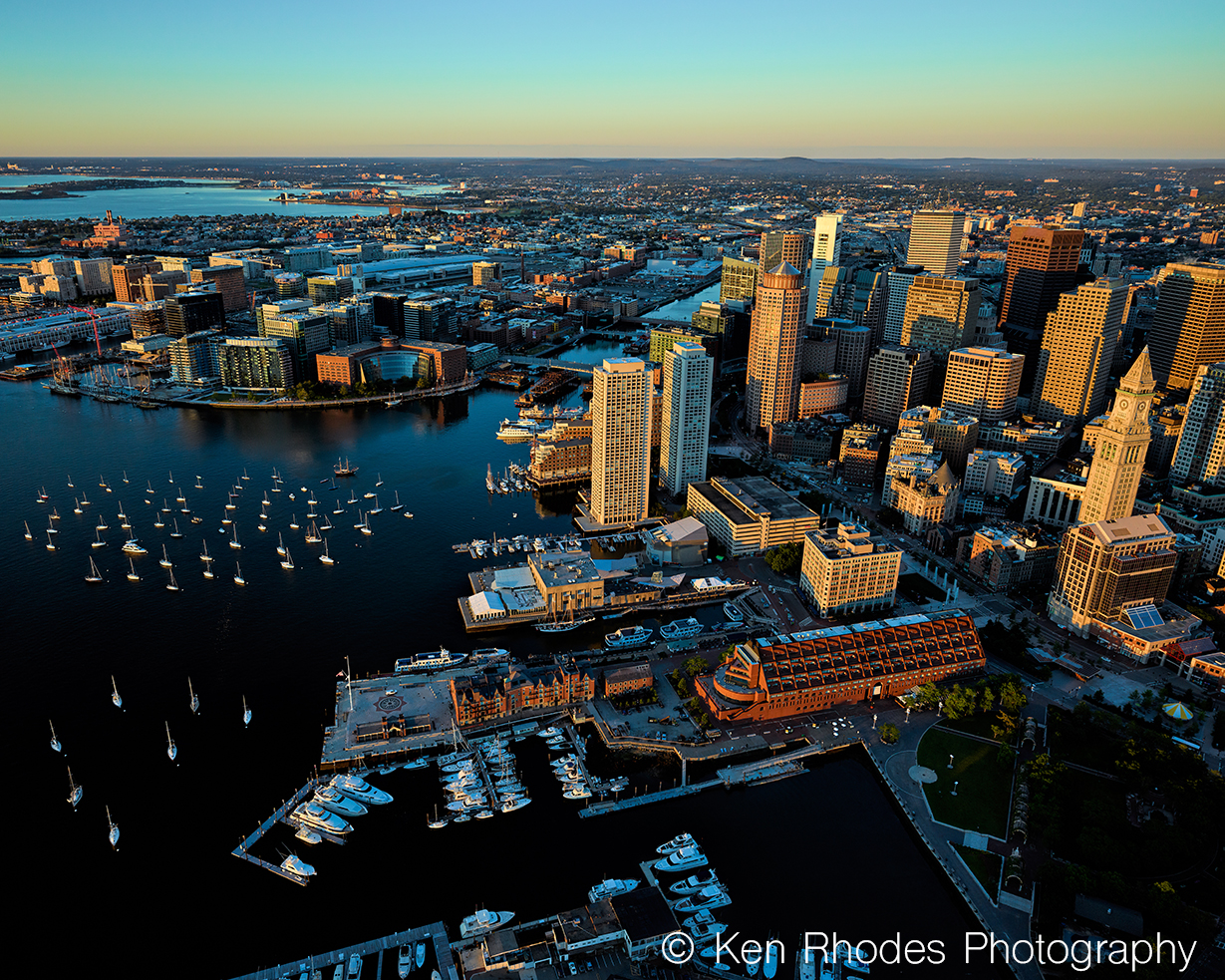
How has your work evolved over the years and what do you foresee in your imaging future?
More and more my serious photography revolves around travel to interesting and increasingly remote destinations. I’ll continue to use photography as a means to explore this amazing planet of ours, trying to capture and share my impressions of the landscape present interesting and different ways.
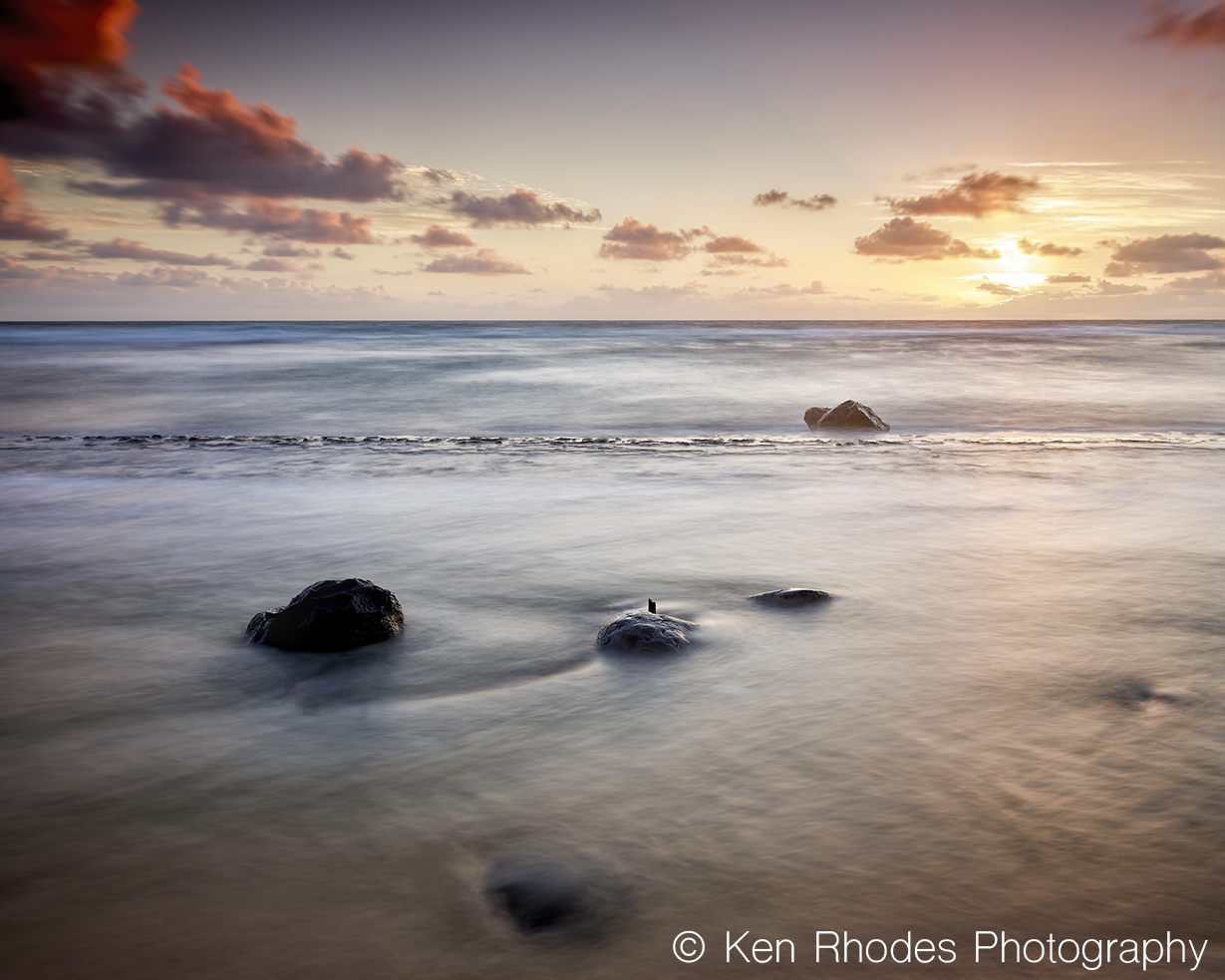
Why did you select Capture Integration as your equipment partner?
The Capture Integration team has been fantastic, from purchases to service to rentals and upgrades. Dave and the team are very easy to work with and I always feel that I am being supported and treated fairly.